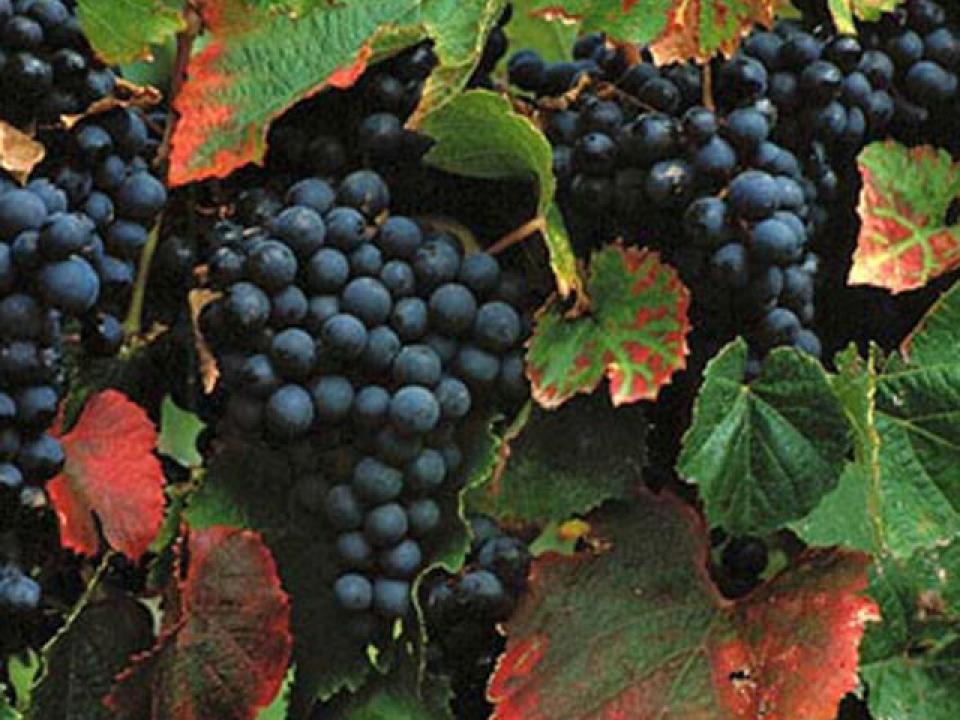The Argentine wine industry is finally breathing a sigh of relief, according to the most recent Rabobank Wine Quarterly report. High inflation, a strong peso and taxes on exports have created significant hurdles for the Argentine wine industry over the past several years, but the new president took radical actions at the end of December 2015 which dramatically alter Argentina’s competitive positioning.
By cutting restrictions on access to foreign currency the Argentine peso fell 35% almost immediately, making Argentine wine more affordable in export markets. Likewise, the elimination of the export tax reduced exporters’ costs and improved profitability. The combined impact of these two changes has improved Argentina’s international competitive positioning in by 50% almost overnight.
The improvement in Argentina’s competitive positioning will create opportunities for wineries to be much more profitable, and more flexible on pricing, than they have been in several years. As the fifth largest producer of wine in the world, the change in Argentina’s competitiveness is likely to have implications for numerous other regions.
As a result of the recent changes, Argentine wine is likely to see a strong rebound in exports in 2016. Argentina has a history of sharped downturns, followed by rapid recovery, and the wine industry is now poised to begin the period of sharp recovery.
This recovery will not be without challenges, however, as key competitors such as Chile and Australia now have more advantageous trade relationships with key export markets, and demand for bulk wine in the US- a key market for Argentina- has declined.
Regional Overview:
USA: Imports in 2015 have skewed more premium, favouring European and New Zealand suppliers • Signs of potential slowing of premiumization trends.
Europe: Wine grape crop in Italy and France larger than last year, Spanish production declined • The weaker euro is allowing European exporters to see improved average prices on bottled wines.
Australia: Exports rose 5.8% by volume and 10.9% by value in the first ten months of 2015, driven by surging demand from China • Exports to China rose 77% by volume and 61% by value in the period; China and Hong Kong combined now represent Australia’s largest export market by value.
New Zealand: New Zealand wine exports rose 8.5 percent in volume and 13.1 percent in value in the first ten months of 2015, rapidly depleting inventories following the light 2015 harvest. Average export prices have edged up in all major markets since the 2015 harvest, despite growth in bulk wine export volumes outpacing those of bottled wine exports.


